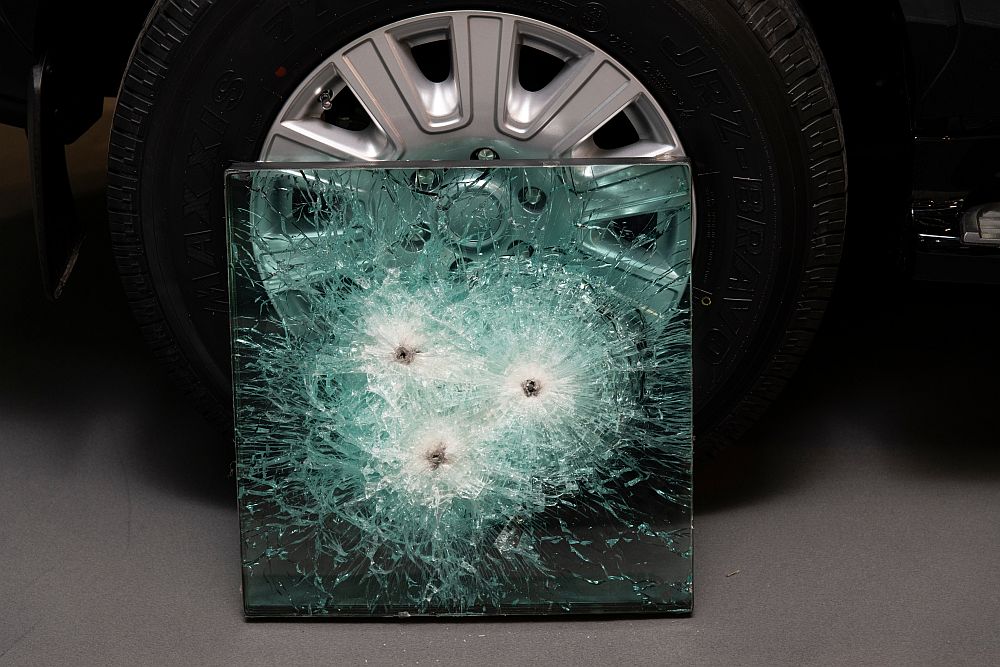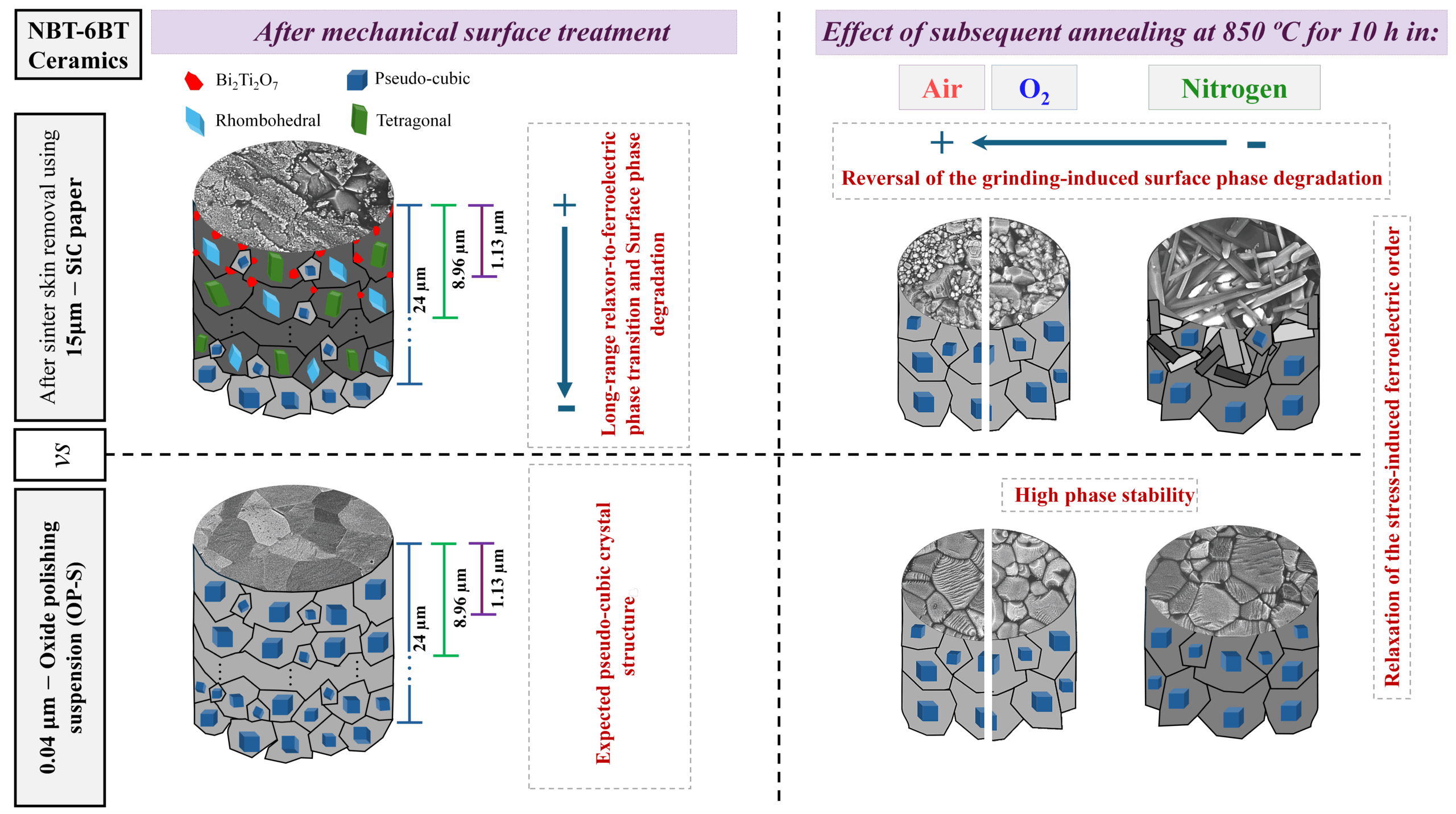A lot of attention is paid to making photovoltaic modules more cost-effective by reducing the costs associated with the active materials, and, indeed silicon prices seem to be dropping (with estimates of somewhere between 5 and 7 percent for the first quarter of 2011, after similar drops in 4Q 2010) despite double-digit growth in the polysilicon applications market.
But don’t forget about the non-active materials side of PV units, which comprise about one-third of a crystalline silicon PV module’s cost. A new report from Lux Research suggests that there are substantial and new opportunities for suppliers and module manufacturers to tinker with some of the key non-active components of crystalline silicon PV modules.
Of particular interest to readers of this blog are two glass-rleated opportunities that Lux spotlights: glass frontsheets for PV modules and antireflective coatings for these frontsheets.
Lux analyst and lead author of the report, Jason Eckstein, expects that float glass will replace rolled, textured glass as the material of choice for PV units. He says float glass makers are now offering tempered low-iron glasses that come closer to matching what had been the superior transmittance levels of rolled glass. The cheaper manufacturing costs of float glass will make the transition all but certain. According to Eckstein, SolarWorld (production facilities in Germany, Sweden and the United States) has already begun using float glass.
Eckstein also predicts that glass with antireflective coatings will also become standard on frontsheets in both crystalline silicon and thin-film modules. The benefits of minimizing reflectance is fairly obvious, and Eckstein says that AR coatings are available for less than $4 per square meter. The boost in module efficiency (about 3 to 6 percent, depending on coating and geographical location) from the coatings easily justifies the added cost.
Lux’s report is titled, “Critical to Quality: Illuminating Drivers for Change in Solar Non-Active Materials.”
CTT Categories
- Basic Science
- Energy
- Glass


